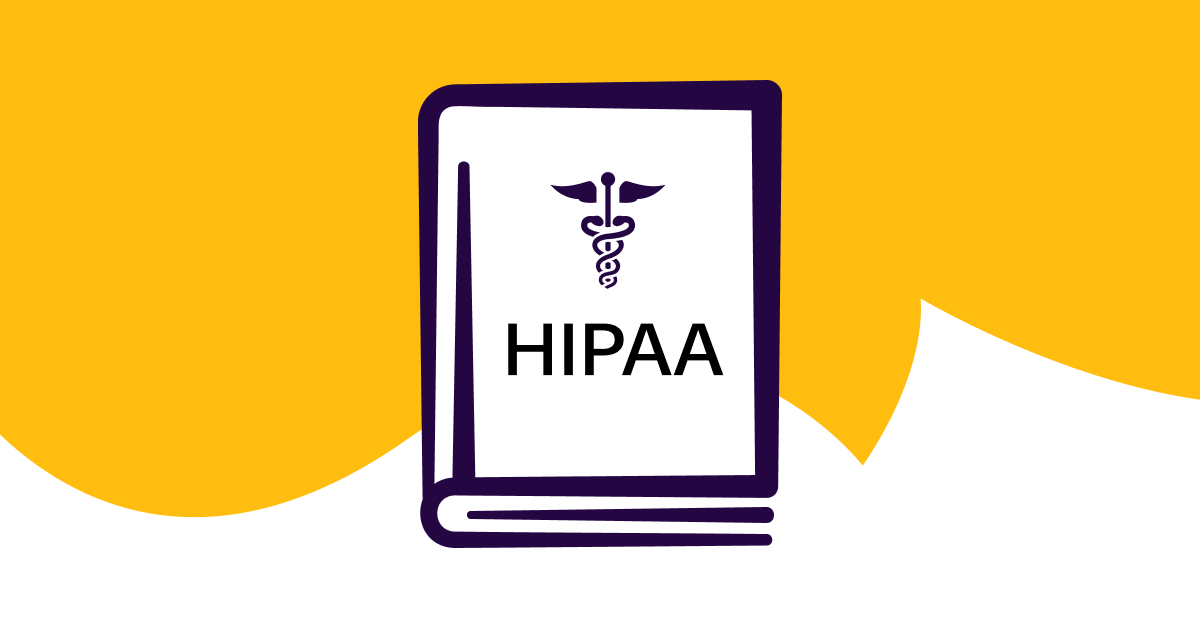When it comes to healthcare, there are many rules and regulations to follow.
The Health Insurance Portability and Accountability Act (HIPAA) is one of the most important.
This guide will help you learn the do’s and don’ts of HIPAA, so you can keep your patients’ information safe and secure and maintain a strong professional reputation.
Understanding HIPAA and Its Importance
HIPAA is a law that protects the privacy and security of patient’s health information.
It sets rules for how healthcare providers, health plans, and other organizations must handle and share this sensitive data.
Being aware of these rules is crucial for any employee working in the healthcare industry.
One such organization that helps businesses and employees maintain HIPAA compliance is the compliancy group, which offers solutions and guidance for staying up-to-date with the latest HIPAA regulations.
Do’s: How to Keep Patient Information Safe and Secure
Know Your Role in HIPAA Compliance
It’s important to understand your role in maintaining privacy and security under HIPAA. This means knowing the policies and procedures at your workplace and any specific rules that apply to your job.
Verify Patient Identity Before Sharing Information
Before sharing any patient information, always verify the patient’s identity. This can be done by checking photo IDs or asking for personal information like the patient’s date of birth or address.
Share the Minimum Necessary Information
When disclosing patient information, share only the minimum amount necessary to complete the task or fulfill the request. This helps ensure that patient’s privacy is maintained to the highest extent possible.
Use Secure Communication Methods
When sending patient information electronically, use secure communication methods, like encrypted email or secure messaging platforms. This helps protect the information from unauthorized access and potential data breaches.
Report Any Privacy or Security Concerns
If you suspect a privacy or security violation, report it immediately to your supervisor or your organization’s designated HIPAA privacy officer.
This helps address potential issues before they become bigger problems.
Don’ts: What to Avoid to Ensure HIPAA Compliance
Don’t Access Patient Information Without a Valid Reason
Accessing patient information without a valid reason, like curiosity or gossip, is a violation of HIPAA. Only view or access patient information when it’s necessary for your job responsibilities.
Don’t Share Information with Unauthorized Individuals
Never share patient information with unauthorized individuals, even if they claim to be a family member or friend of the patient. Only share information with those who have a legitimate need to know, such as the patient’s healthcare providers or insurance companies.
Don’t Leave Patient Information Unattended
Make sure to leave patient information unattended in public places or on unsecured devices. This includes printed documents, computer screens, and mobile devices. Always lock your workstation or device when stepping away, even if it’s only for a moment.
Don’t Discard Patient Information Improperly
When disposing of patient information, follow your organization’s policies for secure disposal. This may include shredding paper documents or securely deleting electronic files. Refrain from throwing patient information in the regular trash or recycling bin.
Don’t Discuss Patient Information in Public Areas
Be mindful of your surroundings when discussing patient information. Avoid talking about patients in public areas, like hallways or elevators, where others may overhear the conversation.
Conclusion:
HIPAA compliance is a critical aspect of working in the healthcare industry.
By following the do’s and don’ts outlined in this guide, you can help protect patient information and uphold patients’ trust in their healthcare providers.
Always stay informed about HIPAA regulations, and don’t hesitate to ask for guidance from your organization or resources like the Compliancy Group if you’re ever unsure about the proper course of action.
With a strong understanding of HIPAA do’s and don’ts, you can help ensure the privacy and security of patient information and maintain a professional, ethical work environment in the healthcare field.

